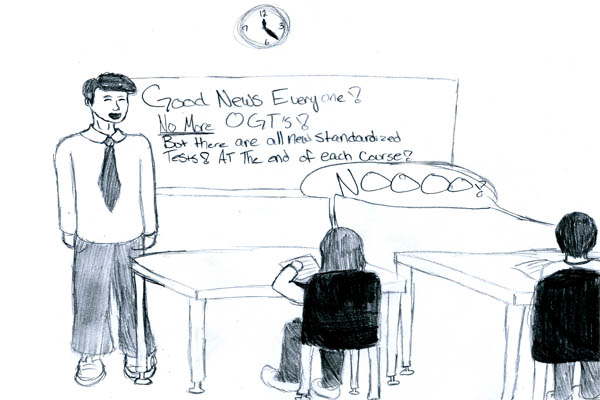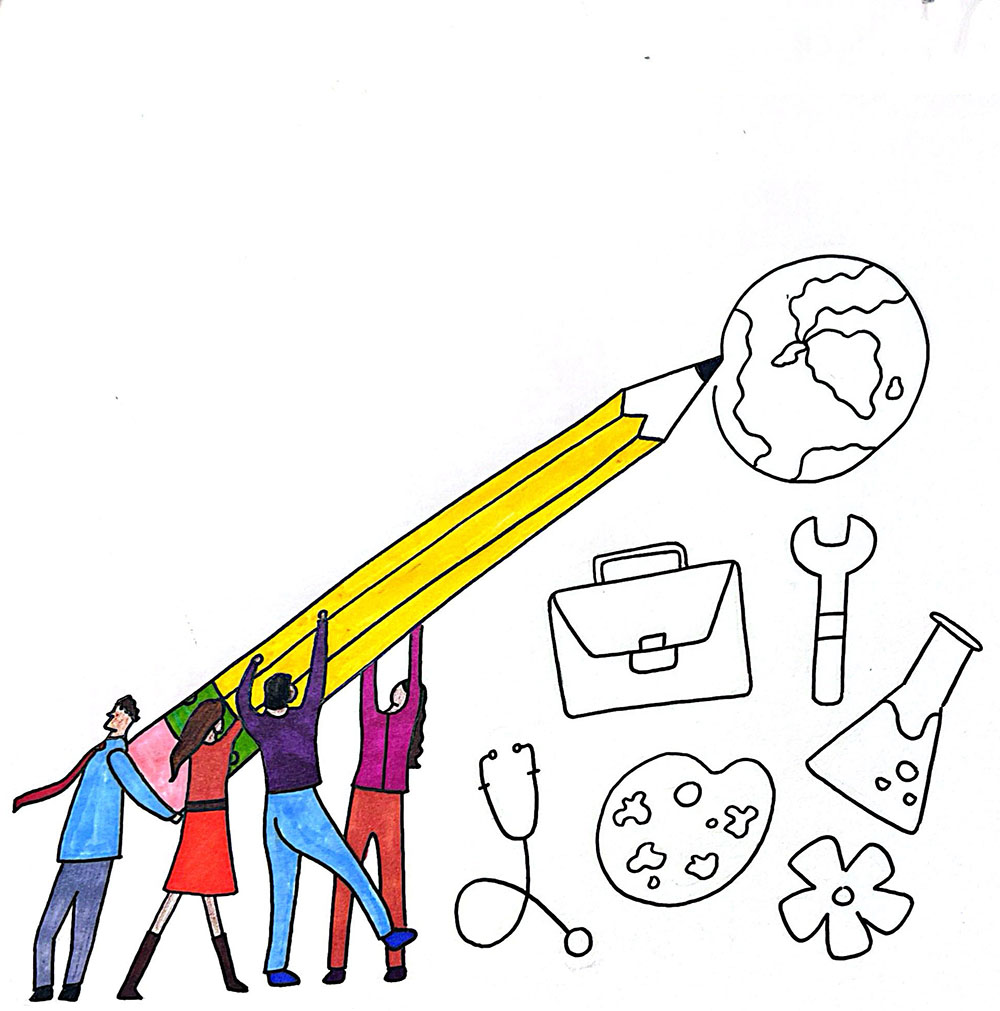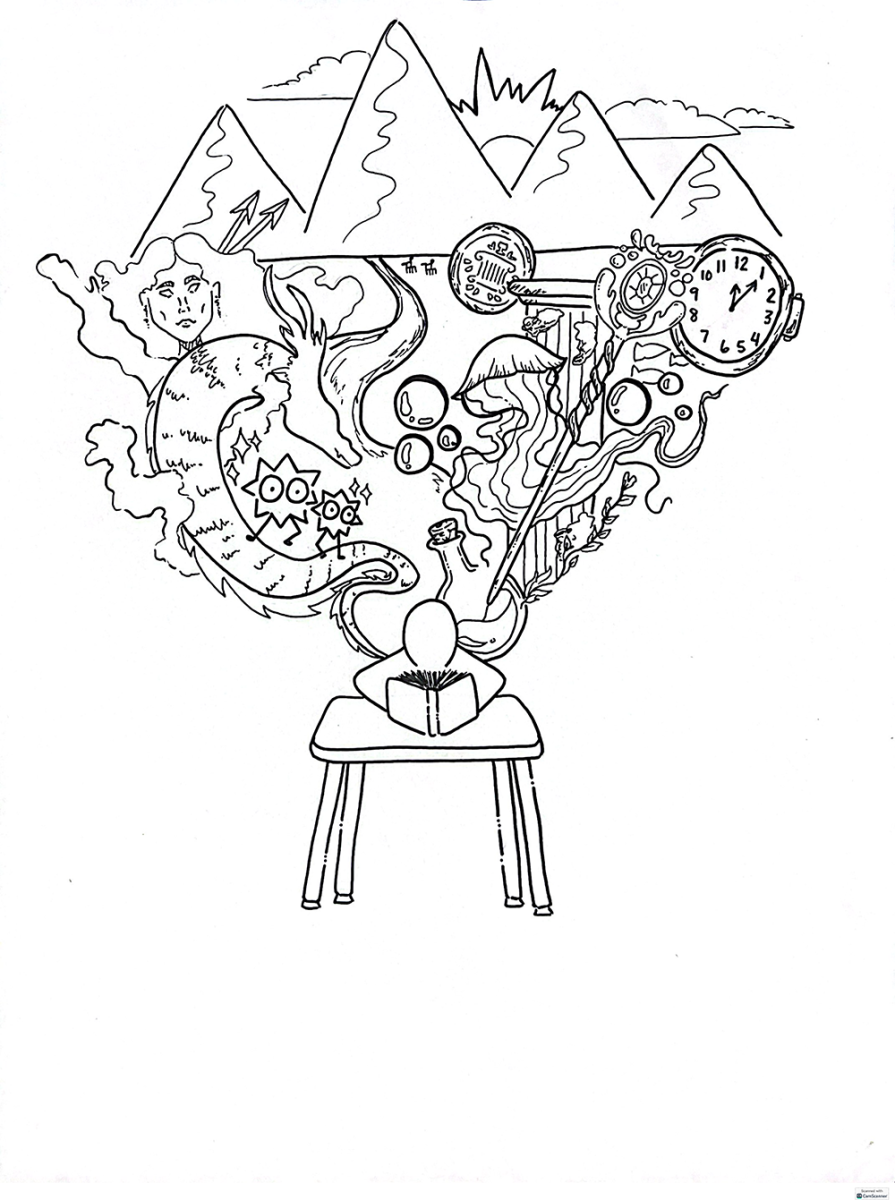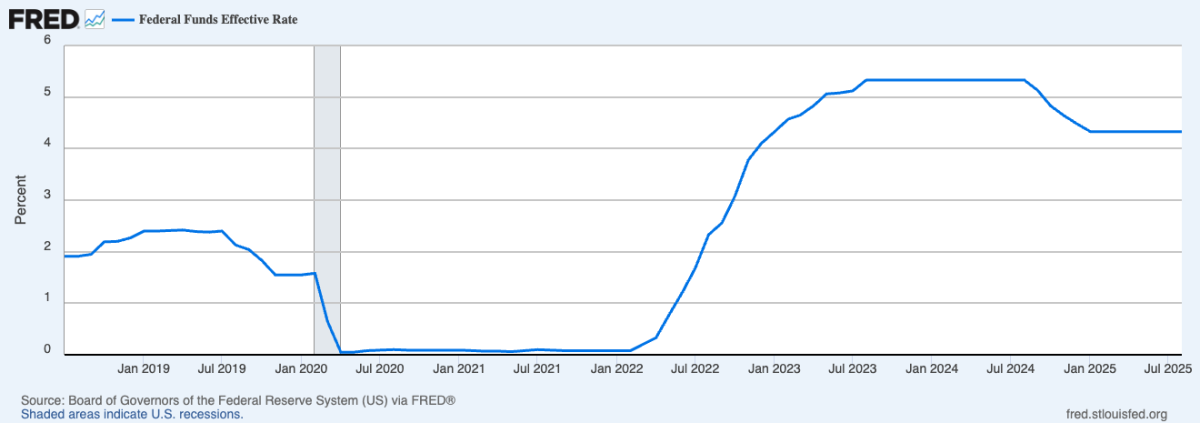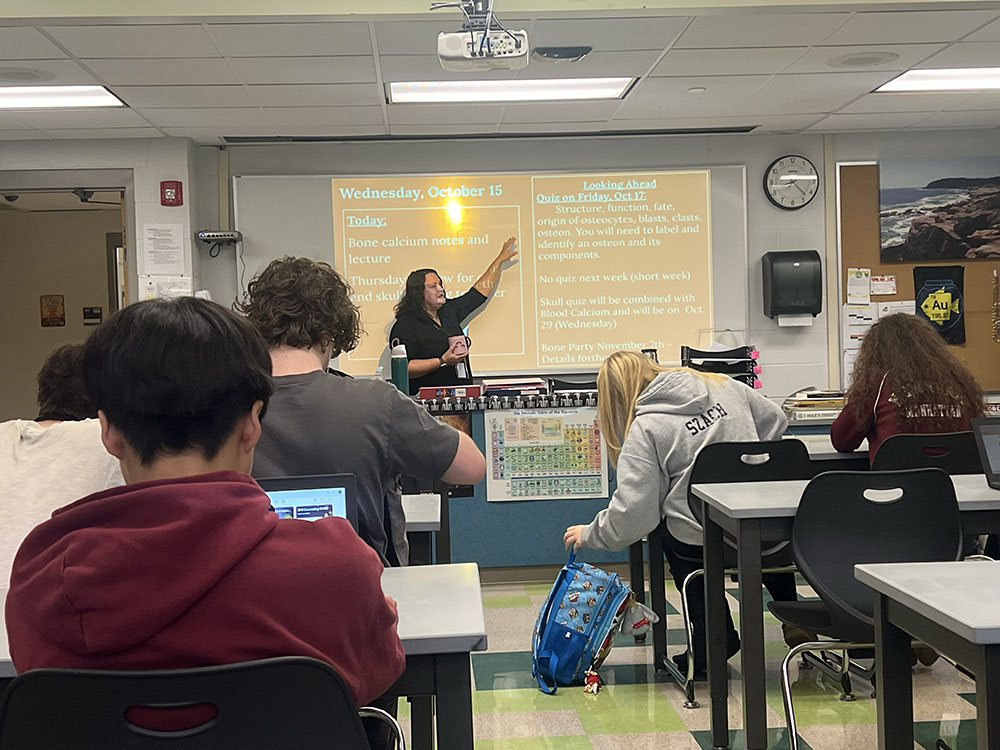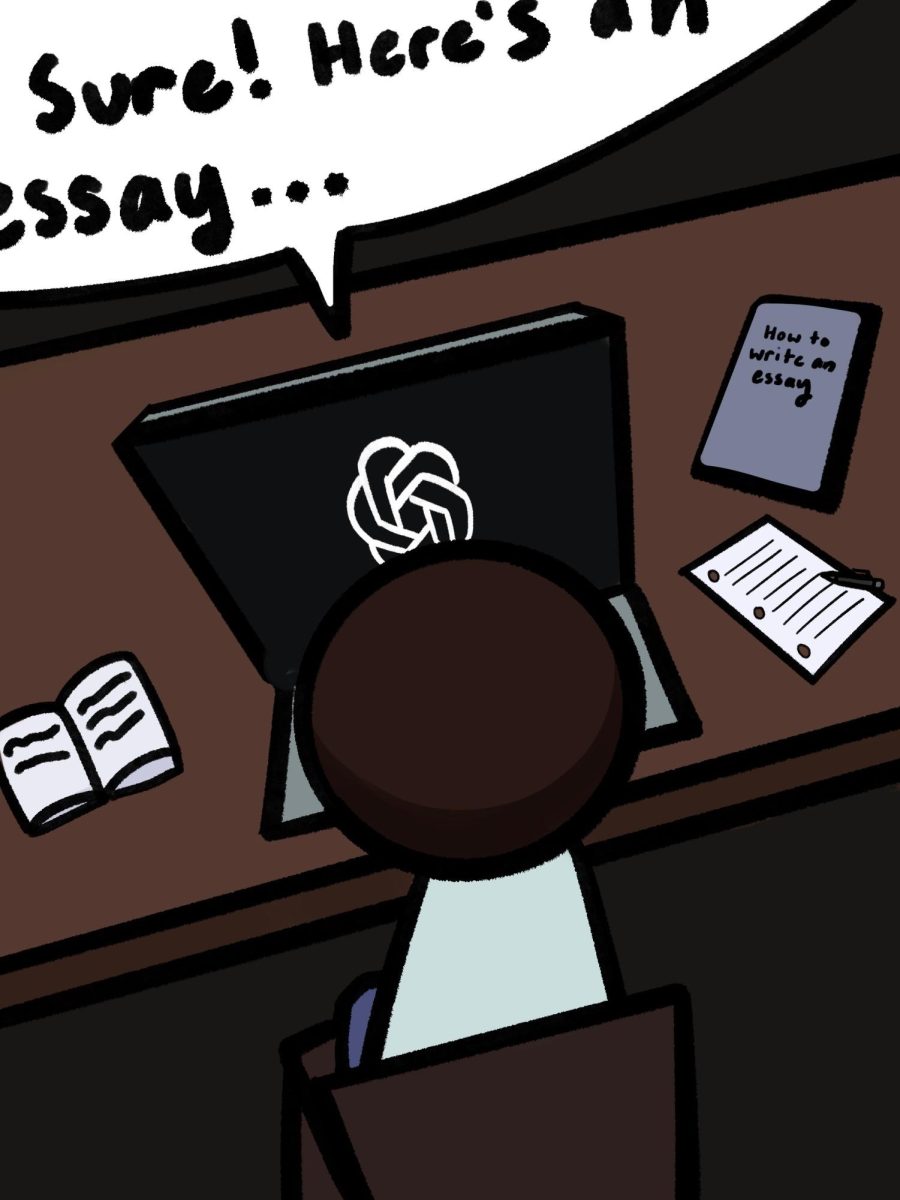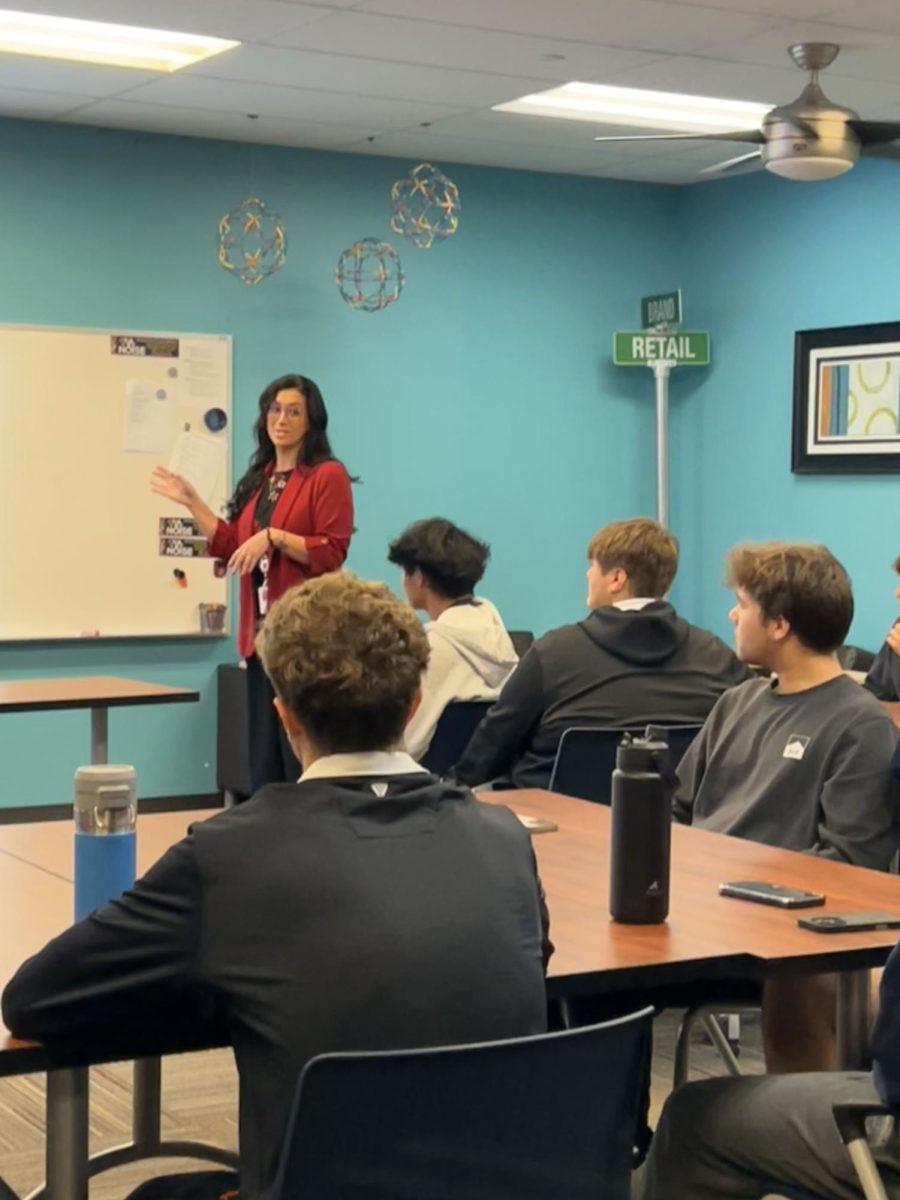By mandating new state tests that are projected to have lower passing rates than the current OGTs, Ohio politicians certainly make it seem as if they are cracking the whip on our education system. But therein lies the problem: these new end-of- course exams are merely designed to make it seem as if educational standards are being raised.
A new test does not always mean a better test. We are just another generation caught up in another at- tempt to raise the stakes on our education system. It has become clear in recent years that the whirlwind of educational reforms will keep coming. It happened in 2005, when the OGT replaced the 9th Grade Ohio Proficiency Tests, and it is bound to happen again. The next few generations will have to suffer through these revisions, as our nation creeps its way into what will eventually be a completely revamped education system.
End-of-course exams have a legitimate purpose: to keep our education system from failing by better evaluating classroom effectiveness and holding both teachers and students accountable for progress. But the truth of the matter is that we, as a nation, are not ready to completely reform our education system, as that would require addressing inequities in school resources and parent involvement (or lack thereof) in a child’s education. These are some of the most fundamental issues that riddle the education paradigm, and, try as we may, no testing formula can take these things into account.
Students and teachers are well aware of what lies under this new system’s flimsy facade. Woe to those with test taking anxiety, or who hope to avoid a high-stress schedule. Increasing the emphasis on testing forces educators to teach to a test and forces students to learn test-taking techniques more than knowledge with real world application.
Such a learning environment is pressure-inducing, and not conducive to higher-level thinking and self-exploration. End-of-course exams will force teachers to focus on breadth, not depth of material. In this wide-but-shallow approach, the opportunity for total immersion in a specific subject is lost.
Teachers will have an even more difficult time arranging field trips and other educational enrichment experiences that take place out of the classroom because they will be too busy cramming information into students’ heads.
It’s true, change is scary and we all want to get back to those days at Walden. As teachers are trying to adjust to new evaluations tied to student performance, and students are trying to adapt to new expec- tations, everybody is bound to be overwhelmed. I fear for the future of the teaching profession, and for the future of our grandchildren as the ante will continue to be upped.



